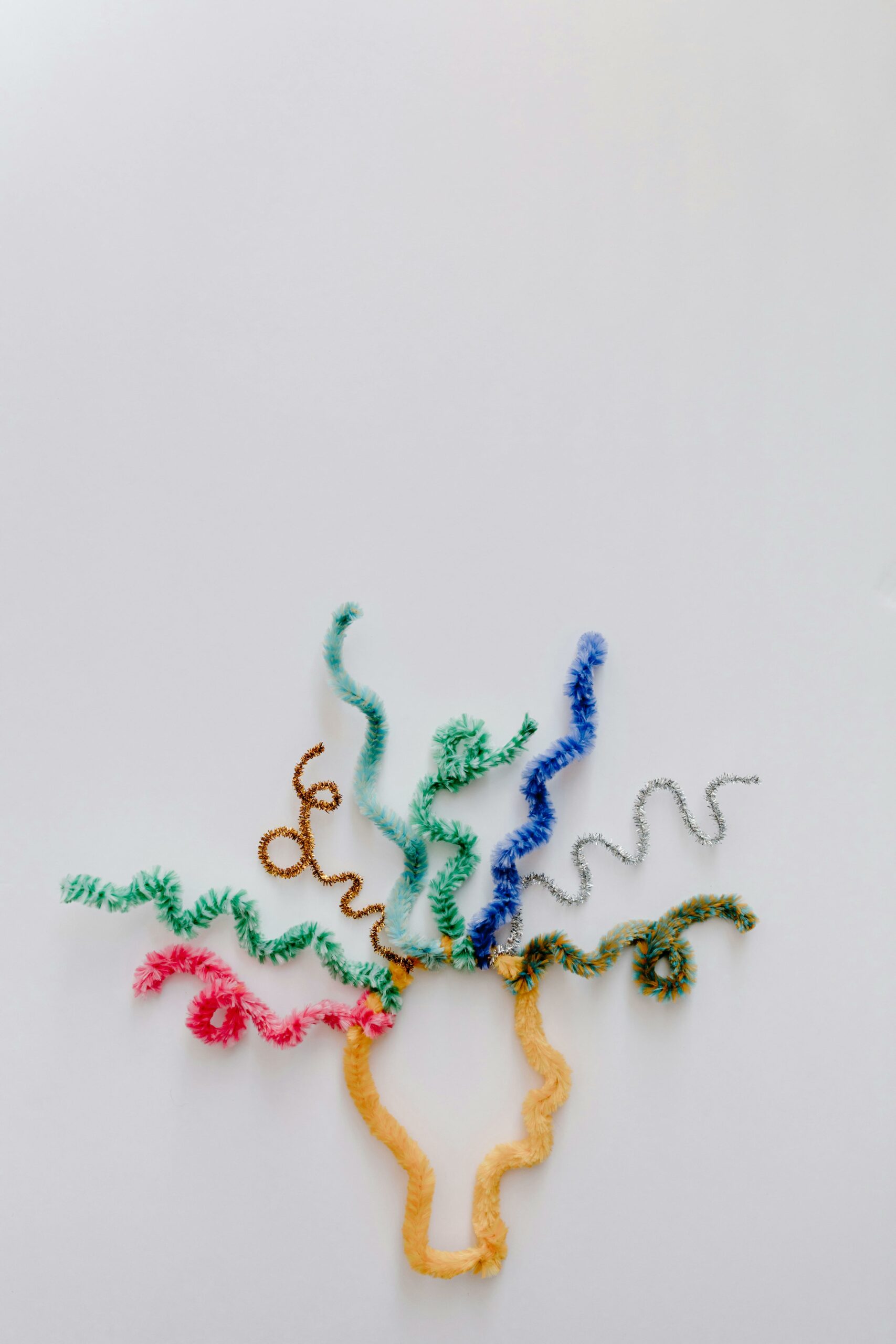CoQ10…Important for aging population as well as those taking a statin
Category: Healthy Aging

Coenzyme Q10 (CoQ10) is a naturally occurring compound in the body that plays a crucial role in cellular energy production. It is found in almost all tissues and organs, with the highest concentrations in the heart, liver, and kidneys. CoQ10 is also available as a supplement and has been suggested to have potential health benefits, including supporting cardiovascular health.
Cardiovascular disease (CVD) is a leading cause of death worldwide, and several risk factors, including high blood pressure, high cholesterol, and diabetes, can increase the likelihood of developing CVD. Studies have shown that CoQ10 may help to lower blood pressure and reduce the risk of CVD.
In addition to its potential benefits for blood pressure, CoQ10 may also have a protective effect on the heart by reducing oxidative stress and inflammation, both of which are associated with the development and progression of CVD. Some studies have also suggested that CoQ10 supplementation may improve the function of the heart in people with heart failure.
However, while there is some evidence to support the potential cardiovascular benefits of CoQ10, more research is needed to fully understand its effects. Additionally, the optimal dosage and duration of supplementation are not yet established, and it is important to note that taking high doses of CoQ10 may cause adverse effects in some individuals, such as gastrointestinal upset and headaches.
As we age, the natural production of Coenzyme Q10 (CoQ10) in our bodies tends to decrease. CoQ10 is produced in the mitochondria, the energy-producing centers of our cells. As we get older, mitochondrial function may decline, leading to reduced CoQ10 synthesis. This decrease in CoQ10 levels is one of the reasons why older adults may benefit from CoQ10 supplementation.
Additionally, statins are a class of medications commonly used to lower cholesterol levels and reduce the risk of cardiovascular disease. However, statins can also have a negative impact on CoQ10 levels in the body. Statins work by inhibiting an enzyme involved in cholesterol synthesis, but this same enzyme is also involved in CoQ10 production. As a result, statins can inadvertently decrease CoQ10 levels in the body, leading to potential side effects such as muscle pain and weakness.
It is worth noting that the decrease in CoQ10 caused by statins is not a uniform response in all individuals, and not everyone taking statins will experience significant CoQ10 depletion. Nonetheless, some healthcare providers may recommend CoQ10 supplementation for patients on statins to help mitigate potential side effects.
If someone is taking statins or is concerned about their CoQ10 levels due to aging or other factors, they should consult with their healthcare professional to determine whether CoQ10 supplementation is appropriate and what the appropriate dosage should be. Additionally, it is essential to discuss any potential interactions between CoQ10 supplements and other medications one may be taking.



Facebook Comments